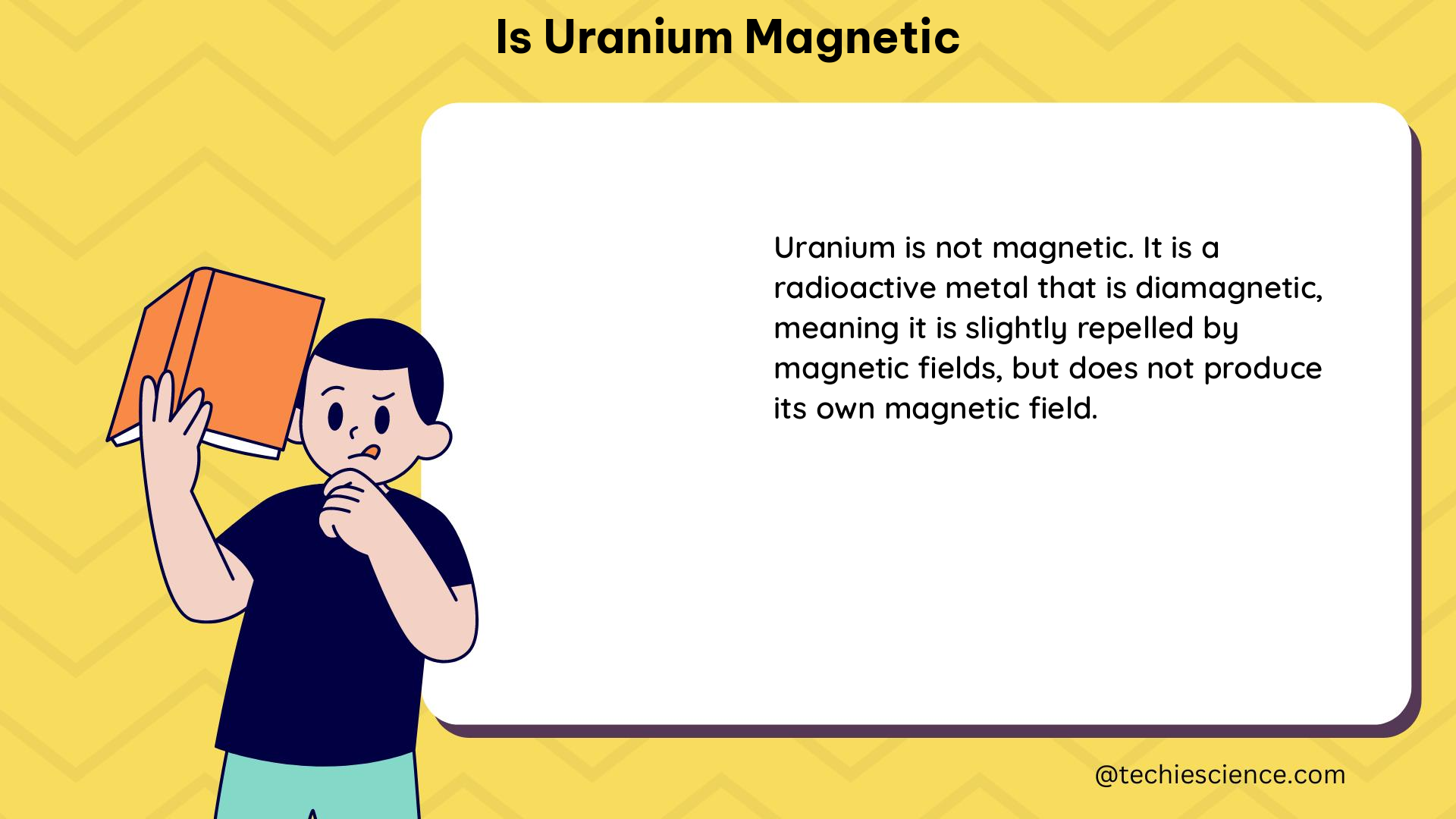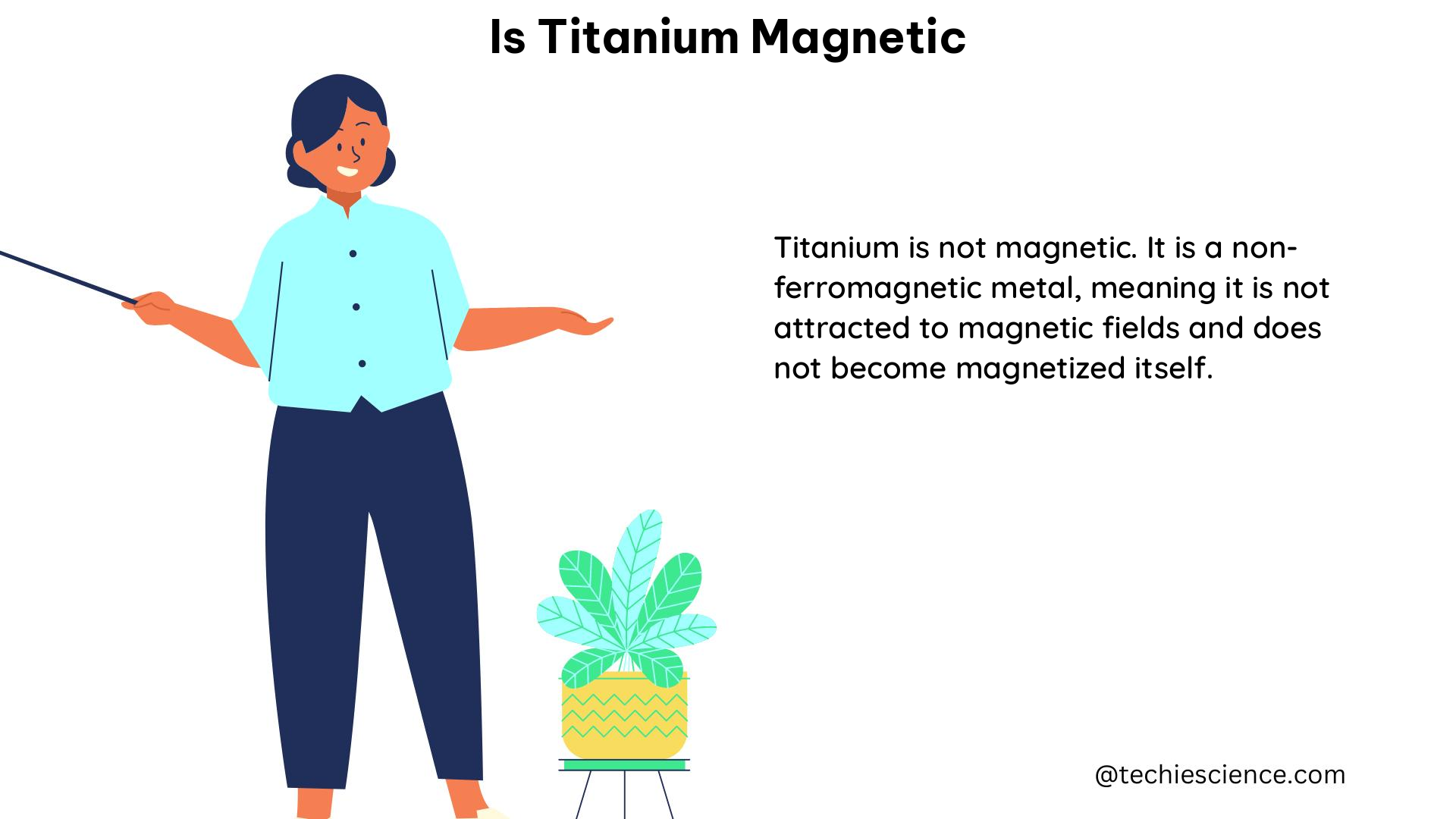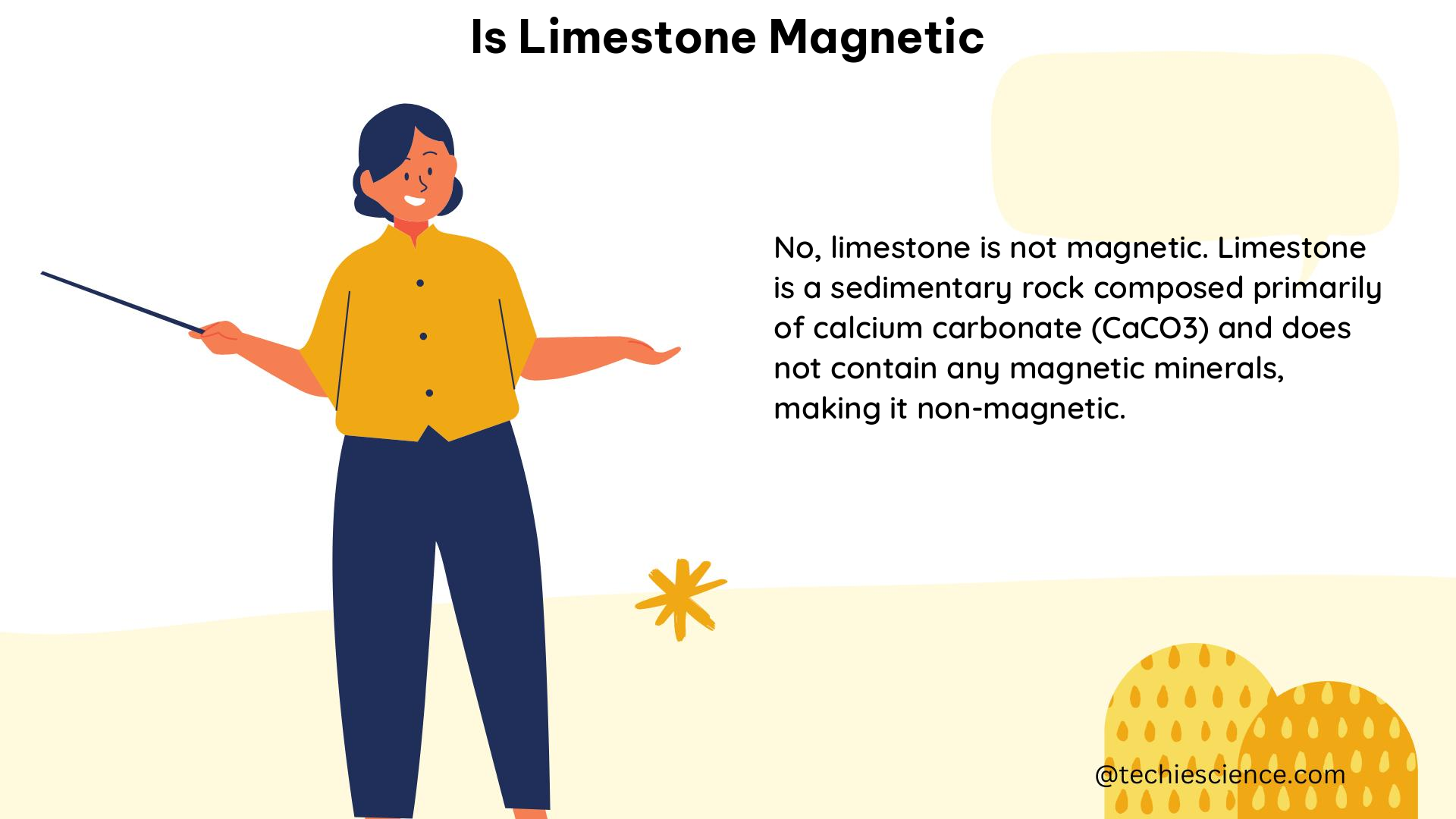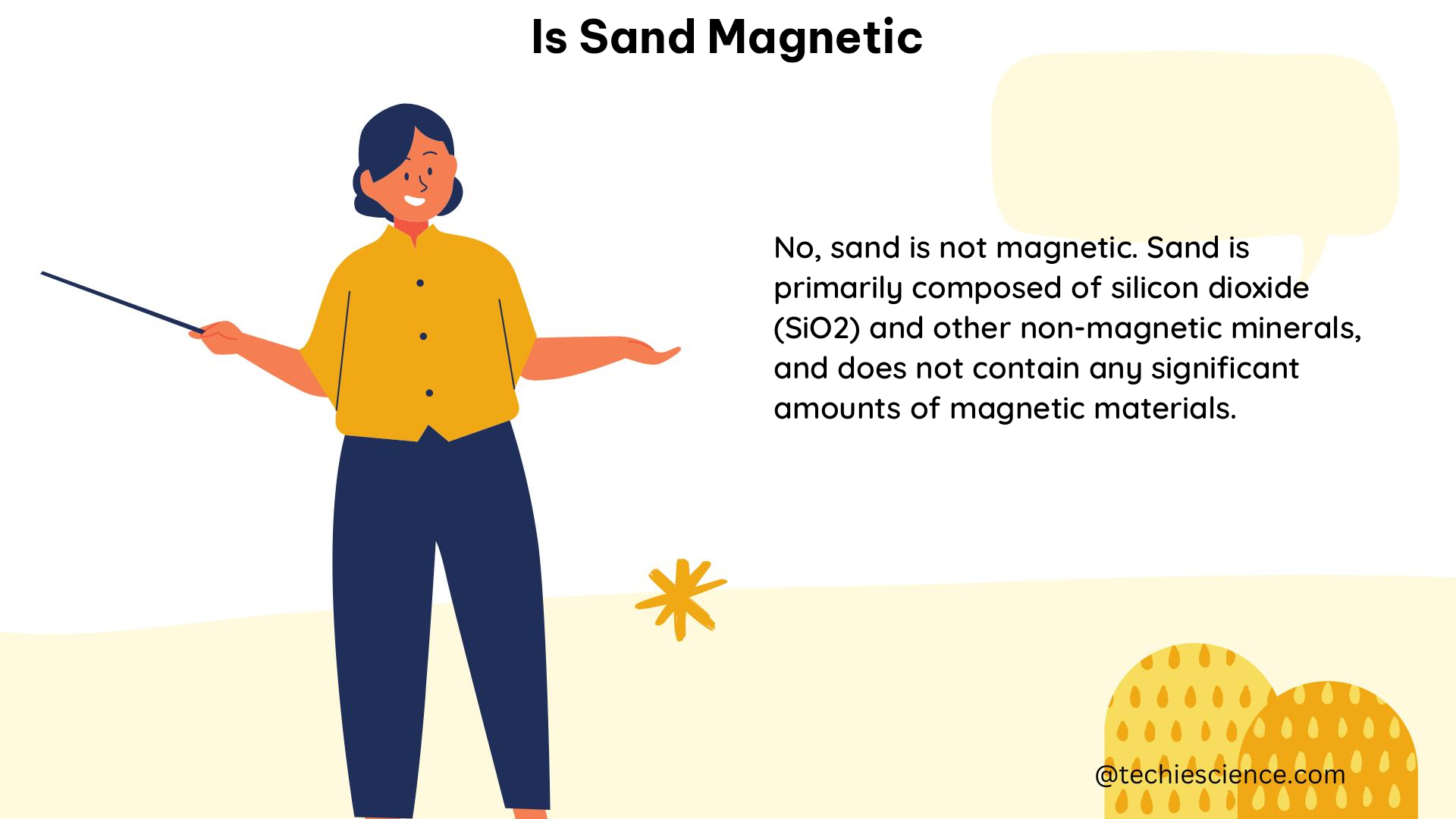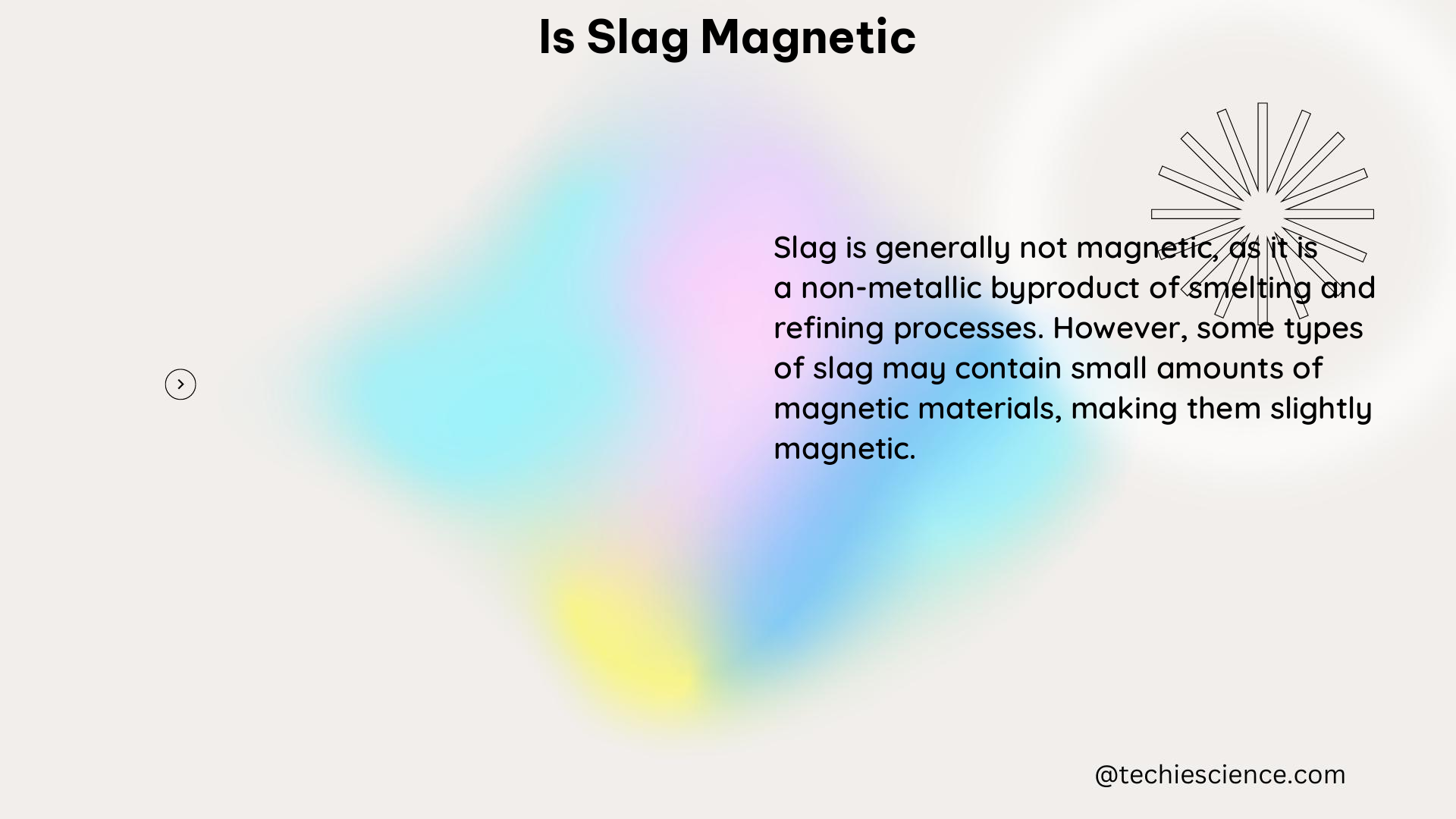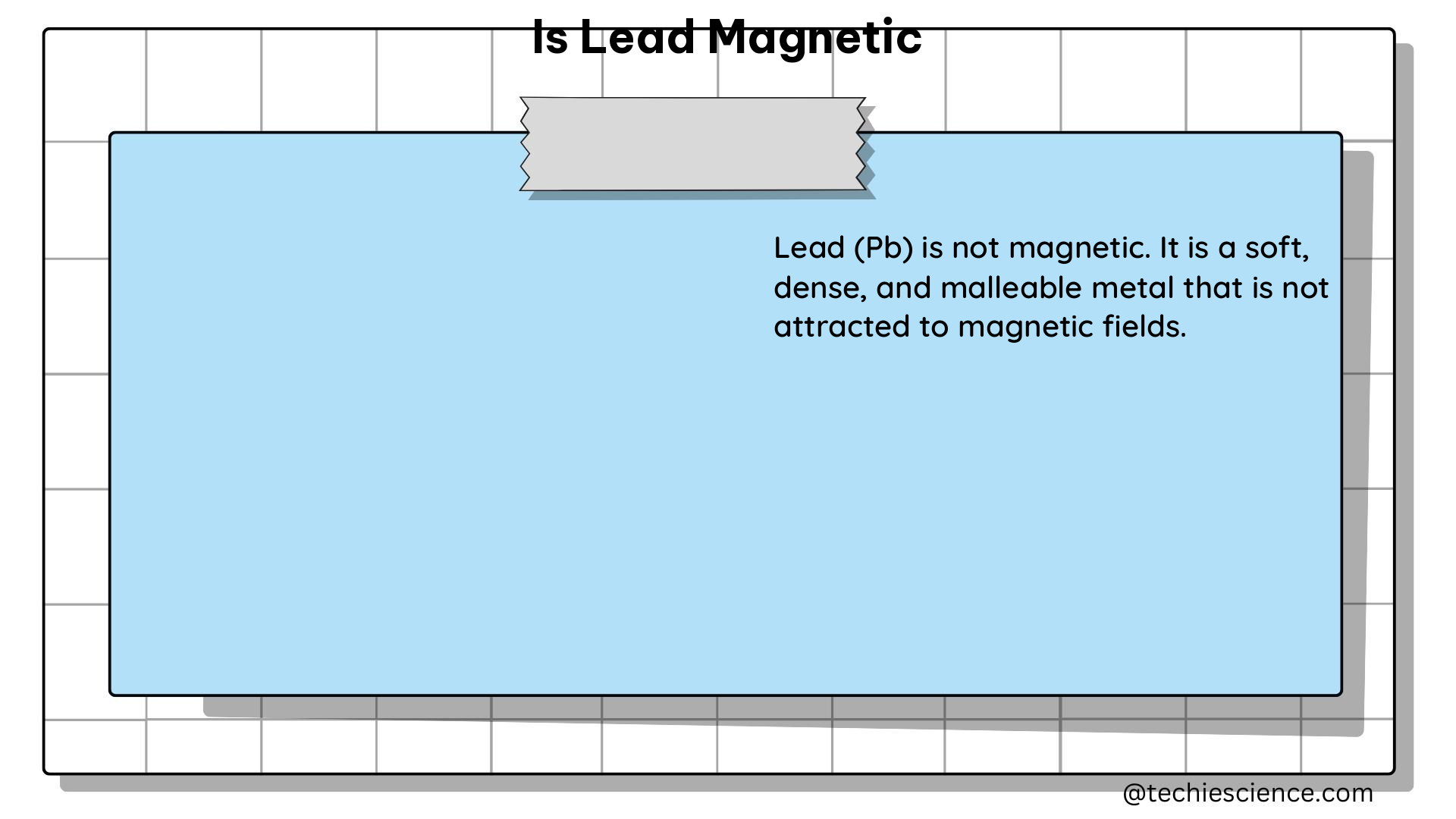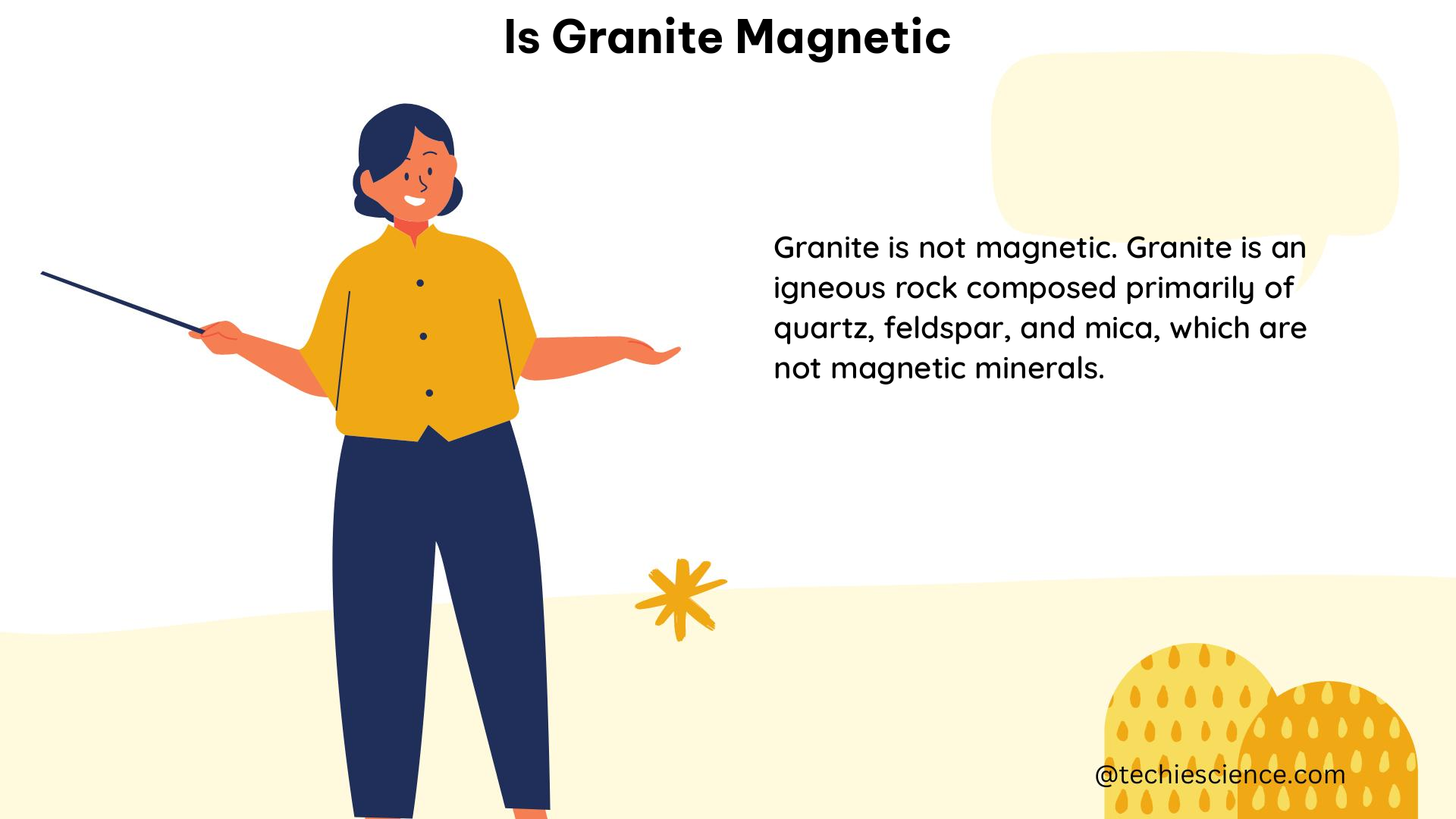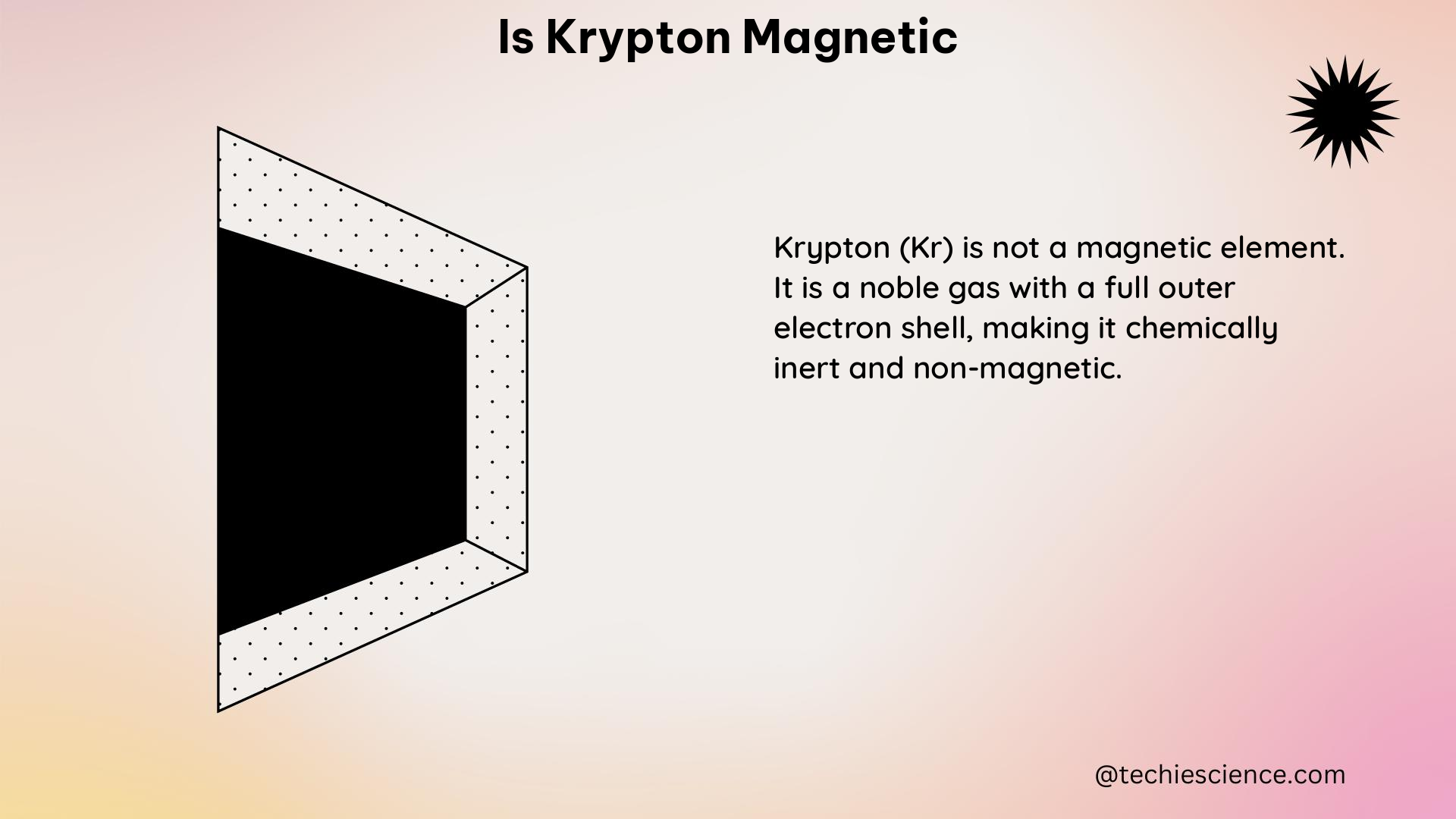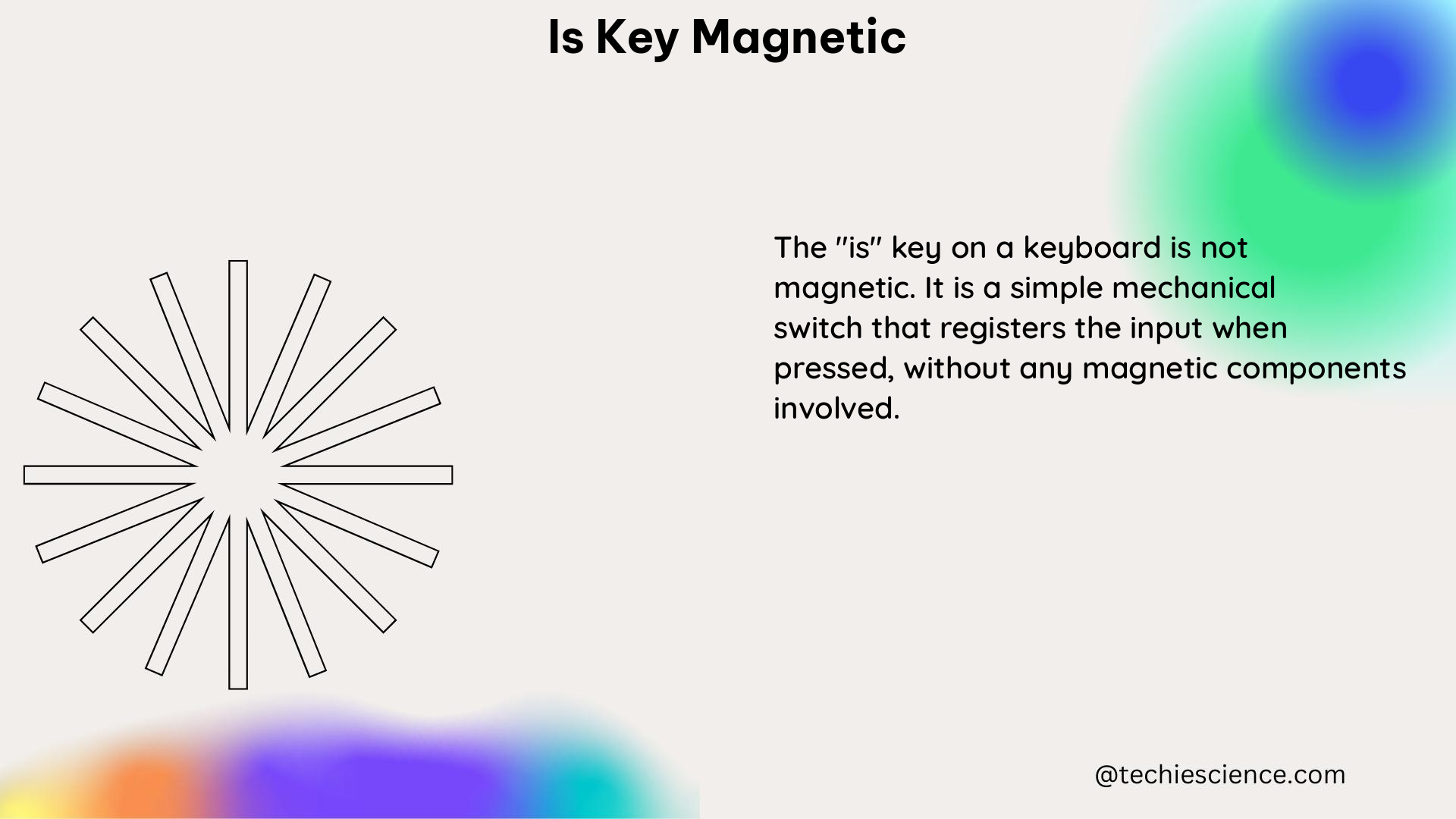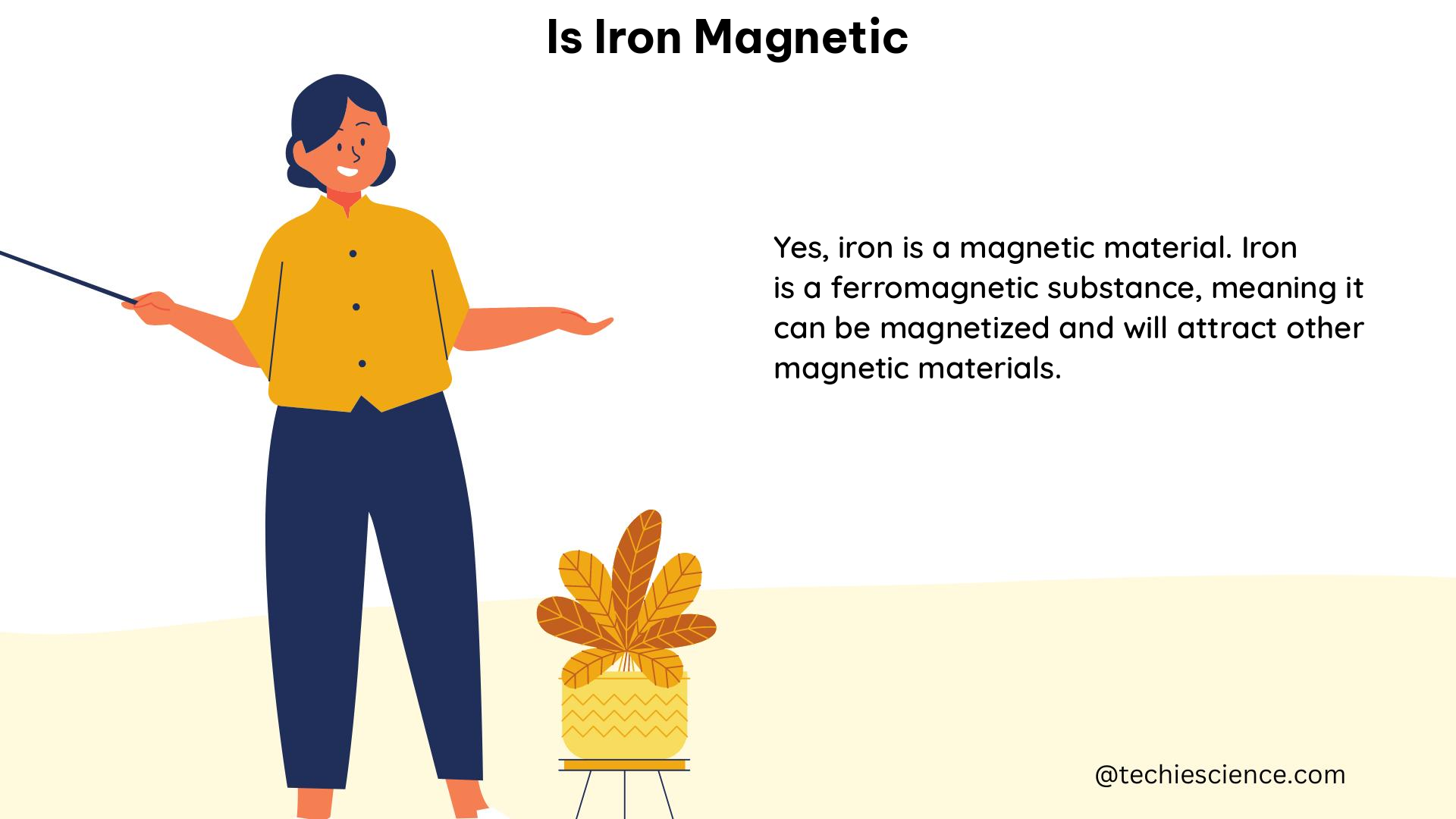Is Uranium Magnetic?
Uranium, a heavy and radioactive element, has long been a subject of fascination for physicists and materials scientists due to its unique magnetic properties. Specifically, the U-atoms within uranium compounds can exhibit large magnetic moments and a significant magnetic anisotropy, making it an intriguing material for both fundamental research and practical applications. Magnetic Moments and … Read more
